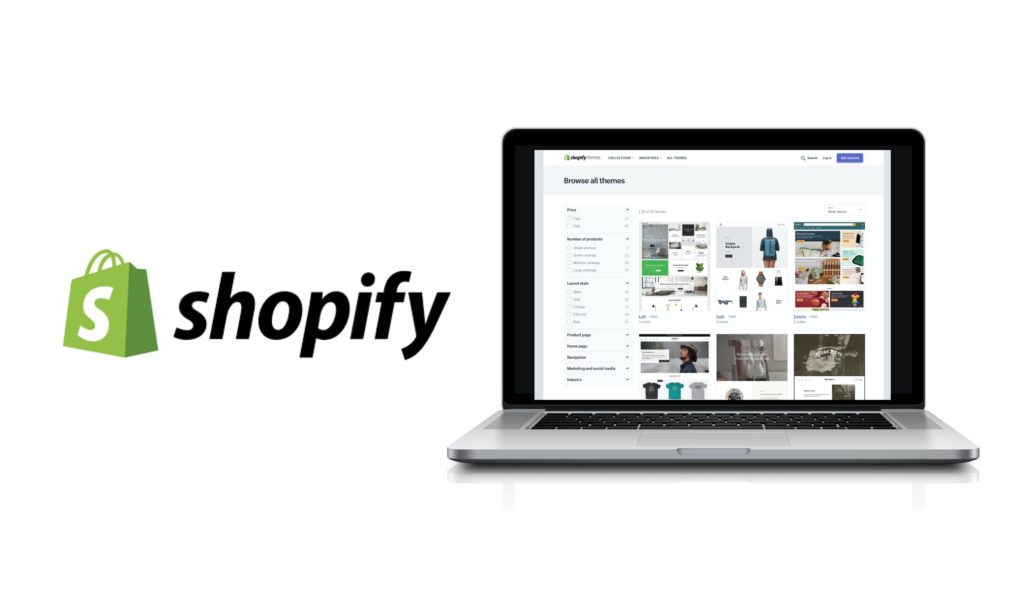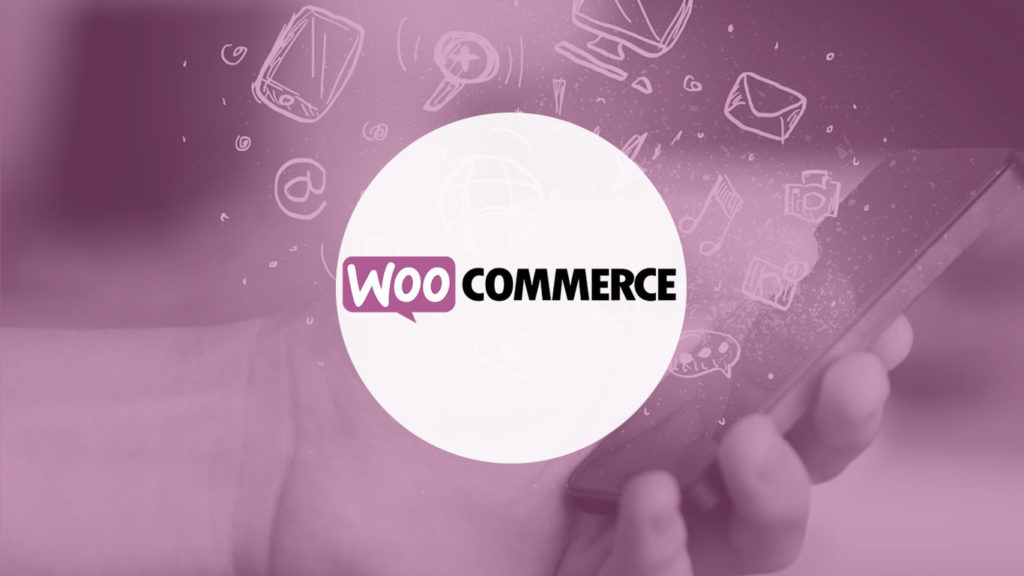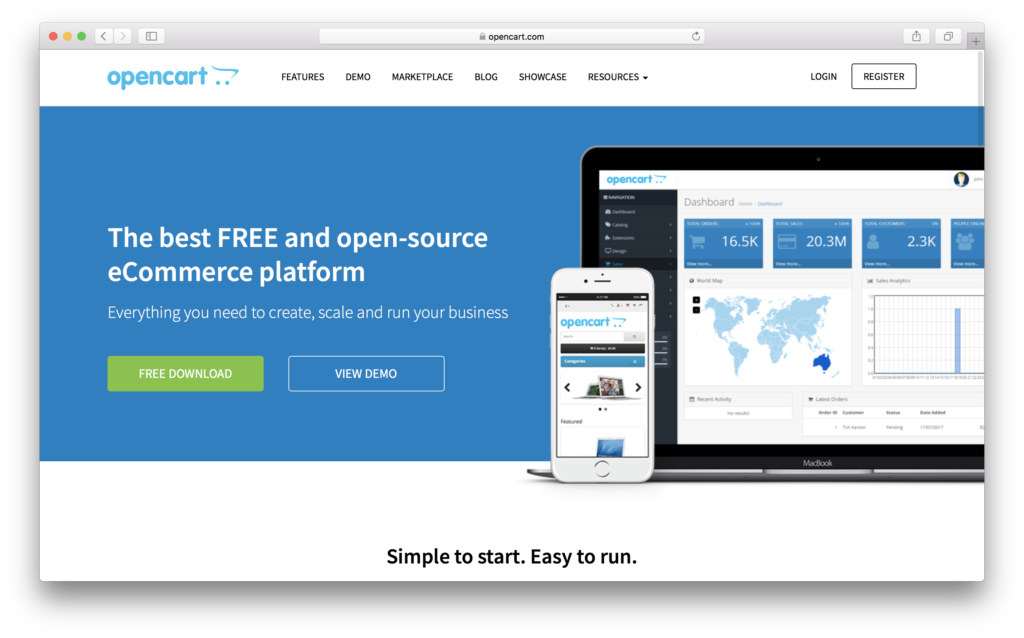E-commerce (ecom) is the buying and selling of goods/services over the internet or other electronic means. It involves transactions between businesses, consumers, and individuals, and is powered by the internet and digital technologies.
Ecommerce has been around for decades, but it wasn’t until the 90s and the rise of the World Wide Web that it started to gain momentum. Today, ecom is a multibillion-dollar industry, with millions of online stores and marketplaces worldwide.
The importance of e-commerce in today’s world cannot be overstated, as it has changed the way we shop, do business, and connect with each other.
There are four main types of e-commerce, each with its own characteristics and target audience:
B2B ecommerce involves transactions between businesses, such as manufacturers, wholesalers, and distributors. B2B transactions are often bigger and more complex than B2C transactions and involve multiple decision-makers and negotiation processes. Examples of B2B ecom include a manufacturer selling products to a retailer, or a software company providing a service to a consulting firm.
B2B (business-to-business) ecommerce features:
B2C ecommerce involves transactions between businesses and consumers, such as online stores and marketplaces. B2C transactions are usually smaller and simpler than B2B transactions and are driven by consumer demand and preferences.
B2C (business-to-consumer) features:
C2C e-com involves transactions between consumers, such as online marketplaces and auction sites. C2C transactions are usually based on trust and reputation, as consumers buy and sell from each other directly.
Features of C2C (consumer-to-consumer) ecommerce:
C2B e-commerce involves transactions where consumers sell their products or services to businesses, such as freelancers and influencers. C2B transactions are usually based on skills and expertise, as consumers offer their services to businesses that need them.
C2B (consumer-to-business) features:
E-commerce offers many benefits for both customers and businesses, including:
Ecommerce also poses a couple of challenges for businesses, including:
Depending size and scope of your business, you can choose from a range of popular ecom platforms, including:
Shopify: Shopify is a comprehensive e-commerce platform designed for businesses of all sizes. It features a wide range of customization options, robust analytics and reporting, and secure payment gateways.

Key features and Unique selling points:
WooCommerce: WooCommerce is an open-source, self-hosted e-commerce platform built on WordPress. It offers a range of features, settings, and customization options, as well as integrations with popular payment methods.

Key features and Unique selling points:
Magento: Magento is a feature-rich, enterprise-level ecom platform. It offers a range of customization options and is scalable enough to meet the needs of businesses, from small startups to large enterprises.
Key features and Unique selling points:
BigCommerce: BigCommerce is a cloud-based e-commerce platform designed for businesses of all sizes. It offers a range of features, as well as integration with popular payment methods.
Key features and Unique selling points:
OpenCart: OpenCart is an open-source, self-hosted ecom platform designed for online stores of all sizes. It offers a variety of features, settings, and customization options, as well as integration with popular payment methods.

Key features and Unique selling points:
Volusion: Volusion is a cloud-based ecom platform designed for businesses of all sizes. It features an intuitive design interface and is integrated with popular payment methods.
Key features and Unique selling points:
Ecommerce offers many advantages for businesses, from lower costs and improved customer experience to the ability to personalize their marketing efforts. But these advantages come with challenges, such as competition and legal compliance. Businesses must choose the right e-commerce platform to meet their needs, from Shopify and WooCommerce to Magento and BigCommerce.
If you are not sure which ecommerce platform is best for your business, it is best to consult an experienced ecommerce web design agency or SEO company such as Rezolutions Design. We can help you choose the right platform and help you set up your online store. With the right platform and strategy, you can create a successful ecommerce business that not only sets you apart from competition but also meets your customers’ needs and expectations.
Sign up to join our weekly newsletter to recive top tips for your business. Youll alway be the first to know when new Ecommerce tips are released.
Have you heard about dropshipping in the world of eCommerce? It’s definitely something worth learning about if you’re interested in starting an online store. But what exactly is it? Is it still a viable business model or just a passing fad? Don’t worry, I’m here to give you all the details on dropshipping and how […]
Launching my online store on Shopify significantly boosted my business. The Shopify collections feature, in particular, revamped my storefront. Let me walk you through the process of adding collections to enhance your store. What is a Shopify collection? A Shopify collection groups together products with similar characteristics. For example, if you’re looking for all the […]
Shopify is a famous online platform that lets people set up their own online shops to sell things. It’s important for business owners to know how they get paid through Shopify and how the payment system works. They should learn about how Shopify pays them using Shopify Payments and understand the different parts of getting […]
Have you heard about dropshipping in the world of eCommerce? It’s definitely something worth learning about if you’re interested in starting an online store. But what exactly is it? Is it still a viable business model or just a passing fad? Don’t worry, I’m here to give you all the details on dropshipping and how […]
Ecommerce has become a vital component in the world of online sales, and ecommerce web design has become increasingly important for businesses to attract and retain customers. A well-designed ecommerce website creates a positive user experience and helps establish a strong brand identity, building trust with potential customers and, ultimately, driving sales. Recent studies have […]
As many of us can relate, composing product titles and descriptions can be very time-consuming. Primarily when dropshipping vendors only provide the specs of a product with little human touch. If you want your customers to connect with your brand, keep reading as you learn how to use Chat GPT to create product titles and […]
Sign up to join our weekly newsletter to recive top tips for your business. Youll alway be the first to know when new Ecommerce tips are released.
© 2025 Rezolutions Design


